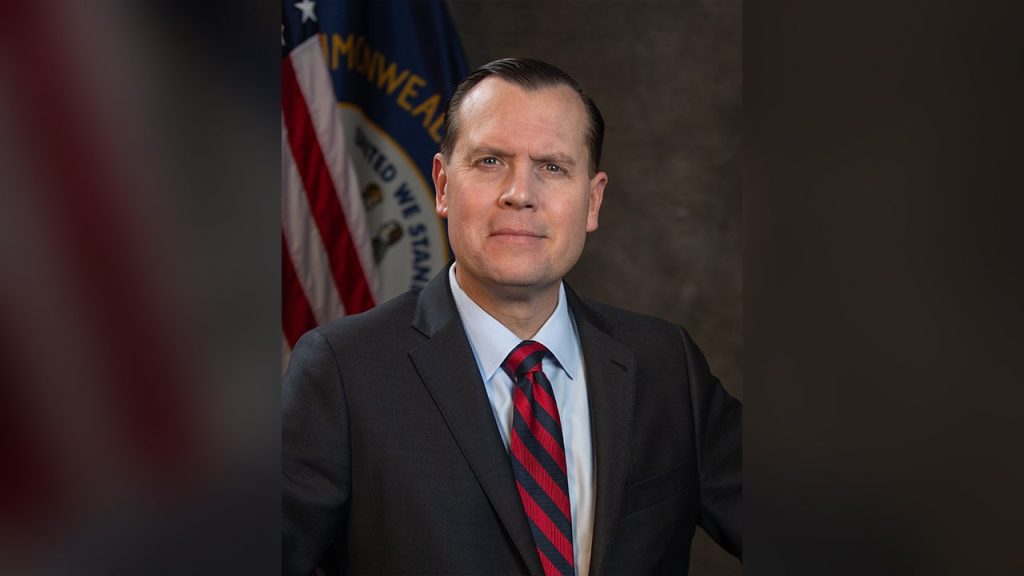Kentucky Attorney General Russell Coleman’s office is currently investigating an alleged botched organ donation involving Anthony Thomas “TJ” Hoover II. Nearly three years ago, Hoover was declared brain-dead, and his family made the decision to take him off life support after being informed that he was a registered organ donor. However, during organ retrieval surgery, Hoover allegedly showed signs of life, causing the procedure to be stopped. Despite being told that he would not live long, Hoover is still alive today.
Donna Rhorer, Hoover’s sister, was not informed of the details of what happened until this year when she was contacted by someone working with the Kentucky Organ Donor Affiliates. Nyckoletta Martin and other witnesses came forward during testimony before the House Energy and Commerce Committee in September. Baptist Health, where the incident occurred, stated that they work closely with patients and their families to ensure their wishes for organ donation are followed. Kentucky Attorney General Russell Coleman expressed his office’s commitment to reviewing the facts and identifying an appropriate response in collaboration with law enforcement and prosecutorial partners.
Rhorer recounted that during Hoover’s honor walk, his eyes began to open and track their movement, but medical staff dismissed it as reflexes. Following the botched organ retrieval in 2021, he was told to take her brother home to care for him, despite being informed that he would not live long. This raises questions about the standards and procedures followed during organ donation processes and the importance of ensuring that individuals are truly deceased before proceeding with organ donation.
Dorrie Dils, president of the Association of Organ Procurement Organizations, emphasized the need for incidents like this to be properly reported and evaluated, as well as for the public to trust that individuals are indeed deceased before organ donation procedures are carried out. The process of organ donation is considered sacred, and it is crucial for medical professionals to adhere to strict protocols and ethical guidelines to maintain the public’s trust in the system.
The alleged botched organ donation involving Anthony Thomas “TJ” Hoover II highlights the potential risks and complications that can occur during such procedures. The case has raised concerns about the need for transparency, accountability, and ensuring that the wishes of donors and their families are respected. It also underscores the importance of thorough evaluation and verification of brain death before proceeding with organ donation to prevent such incidents from happening in the future.
The investigation by Kentucky Attorney General Russell Coleman’s office, along with the testimony from witnesses before the House Energy and Commerce Committee, signifies a push for greater oversight and regulation in the organ donation process. Medical facilities and professionals involved in organ retrieval surgeries must uphold the highest standards of care and ensure that all protocols are strictly followed to prevent errors and potential harm to patients. Ultimately, the goal is to maintain the integrity of the organ donation system and protect the well-being of both donors and recipients.


